After a fortnight of marches, bloody clashes, and a four-day airport rally in Hong Kong, the protests are now entering the third month and show no sign of abating. This is shaping up to be Hong Kong’s most serious crisis since the handover in 1997, maybe in decades.
Hong Kong Chief Executive Carrie Lam is so worried that on August 9, she demanded that the protests end because they are causing one of Hong Kong’s worse economic slumps. Lam also called back her cabinet from summer break two weeks early.
Finance secretary Paul Chan also warned that Hong Kong’s retail, transportation and catering sectors have seen drops in revenue due to the protests. Negative data in key indicators such as property transactions and retail sales show Hong Kong is going through tough times, with GDP increasing by 0.6 per cent in the second quarter.
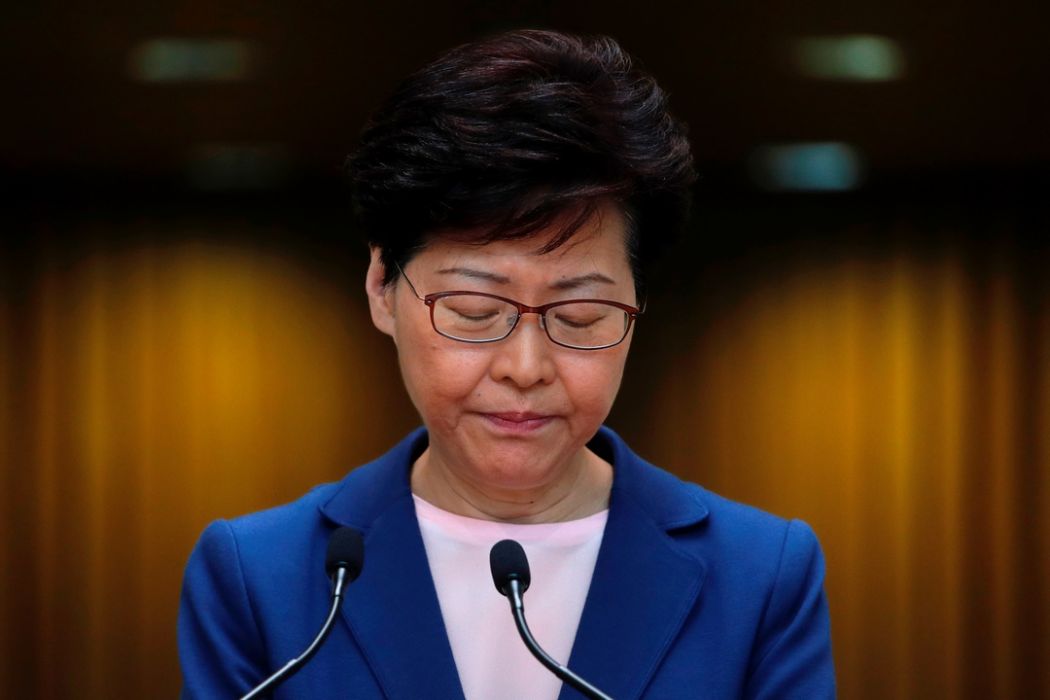
With the protests — which began in June — set to continue, the figures will very likely be worse for the third quarter. But the truth is Hong Kong has been in a serious decline, long before these protests.
Some of this is obvious. Hong Kong is the most expensive city in the world with sky-high property prices that have made apartments out of reach of most Hongkongers. As a result, when property developers release tiny “micro-apartments” on the market, desperate locals rush to buy them because they can’t afford anything bigger.
Renting isn’t any better since almost half of the apartments go for HK$20,000 (US$2,550) a month, which is higher than the median individual salary. All this has made Hong Kong one of the most unequal societies in the world.
The poverty rate is 20 per cent, which is a staggering figure for a supposedly wealthy society whose GDP per capita exceeds US$45,000. There are 200,000 destitute people living in the infamous “cage homes” because they have no other option.
Going beyond these grim developments, there are many other ways where Hong Kong is failing its people.
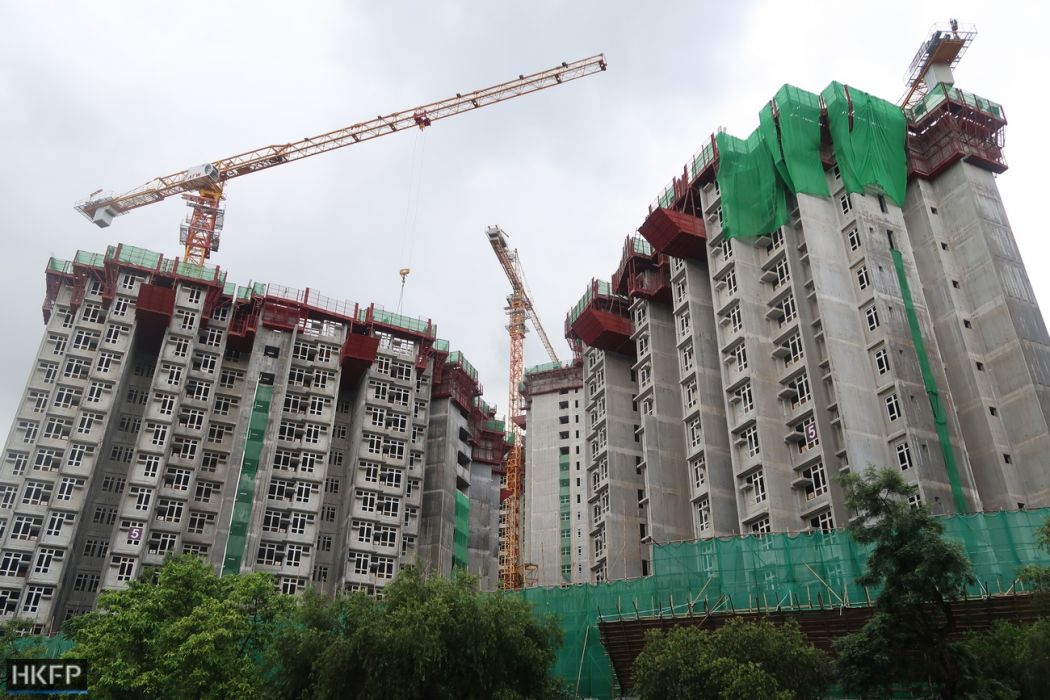
Hong Kong is one of the world’s main financial hubs, alongside New York and London. But unlike those two, Hong Kong is little else. Hong Kong’s sole purpose is basically to facilitate finance and trade.
For a city of more than 7 million people, there are not a lot of art, musical and cultural venues. High property rent prices are a major reason, as well as the lack of space, and there is a paucity of places to enjoy live music performances or for artists to showcase their work. Young people find it hard to pursue and are often actively discouraged from, career paths in artistic and cultural fields.
As a result, there are not too many artists, writers, singers or playwrights. Back in the 1980s and 90s, Hong Kong had a thriving music and cinema scene; today, there is merely a shadow of that.
The government sees fit to waste billions on white elephant projects and unnecessary transportation infrastructure that nobody in Hong Kong asked for. That new 55-kilometre bridge running from Hong Kong to Macau and Zhuhai might seem impressive, except it cost Hong Kong about US$15 billion and does not really benefit anybody here.
The high-speed rail link, which cost over US$10 billion, enables a speedy trip to the mainland, but nowhere else within Hong Kong, meaning it has no real positive impact for most locals. And while the West Kowloon art district might have seemed a decent idea at first, in reality, it is shaping up to be an overpriced and underwhelming project plagued by delays and construction problems.
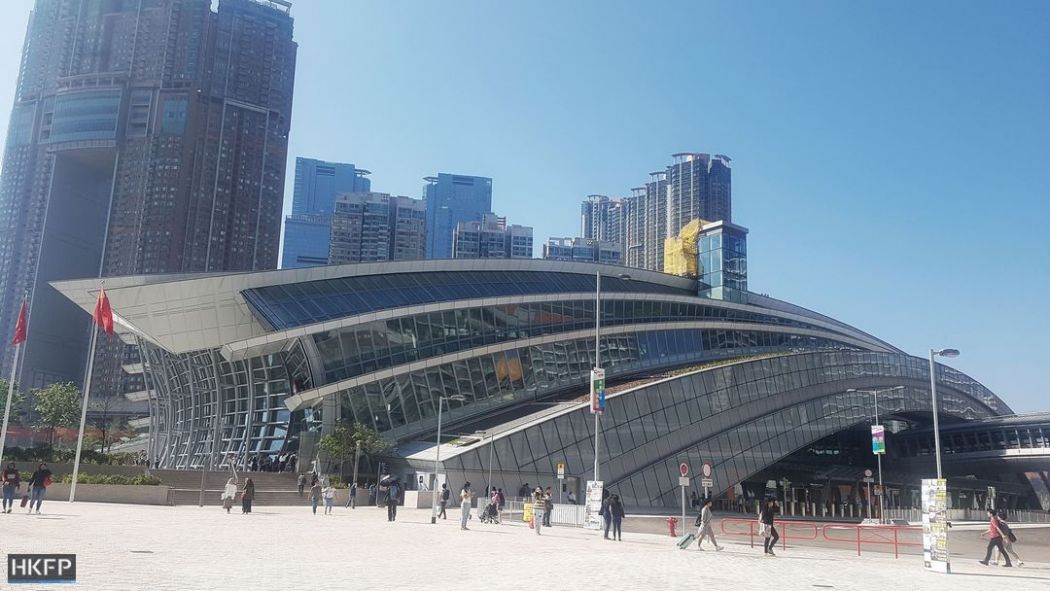
Going back to the issue of the lack of affordable housing, Lam’s grand idea is to spend a whopping HK$624 billion (US$79.5 billion) on a massive artificial island off Lantau. Maybe this delusional project might come to fruition one day, but I’m willing to bet half my savings that these homes will be anything but affordable for regular Hongkongers.
Illusions of wealth
All of this has a detrimental effect on Hongkongers, even the ones who have decent jobs and aren’t sleeping in coffin homes. For many Hongkongers, life is focused on money and consumption. There is an incredible fixation on home prices, brand names, and the cost of things. Materialism might be common across East Asian societies, but it is especially rampant in Hong Kong and is much more noticeable than in, say, Taiwan.
That’s why it’s not really surprising that a lot of local TV ads are for loan companies, claiming to offer low-interest loans that are easy to repay. And in real life, saying somebody has no money (in Cantonese) is an actual insult used by grown adults in Hong Kong (as ludicrous as that sounds).
Yet despite the illusions of wealth and prosperity, take a walk on the streets and you will see old people, some bent over, digging in trash cans and pushing carts overloaded with cardboard. It doesn’t matter whether it’s North Point or Wan Chai or Mongkok or Yau Ma Tei.
In the area I work, which is in the “booming” eastern part of Hong Kong Island, not only do I see old people doing that, but I once saw an old person sitting inside a phone booth, with all her belongings next to her.
This worsening is obviously not just limited to the economy and living standards but extends to the political and civil arenas.
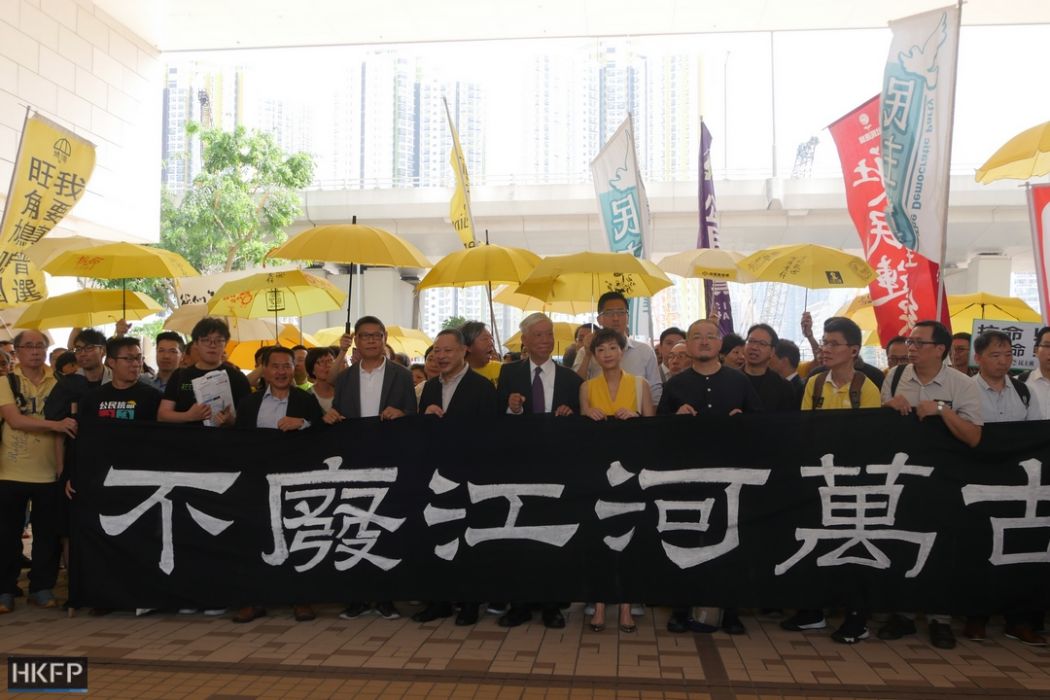
From the disqualification of localist lawmakers to the jailing of Occupy Central leaders to the refusal to renew a work visa for a Financial Times journalist, Hong Kong’s political and civil freedoms have gradually been eroded in the last few years. The proposed extradition law, which was introduced earlier this year, was the final straw because it would make Hongkongers subject to extradition to mainland China and its opaque and dubious legal justice system.
The June 9 and 16 protests respectively saw one and two million people take to the streets, according to organiser estimates, which are astounding numbers not just for Hong Kong but for the region. Over 500,000 marched on July 1. And successive protests held all over Hong Kong, in Kowloon and in the New Territories have also attracted large numbers exceeding 100,000.
Fear over the proposed extradition law was the main purpose that spurred the first protests, but in truth, it is only the latest instance of anger towards the authorities. How else to explain that eleven weeks on, the protests are still going on and with as much vigour and spirit as at the start.
The rough economic conditions and standard of living in Hong Kong mean political and civil freedoms are even more important to people in Hong Kong.
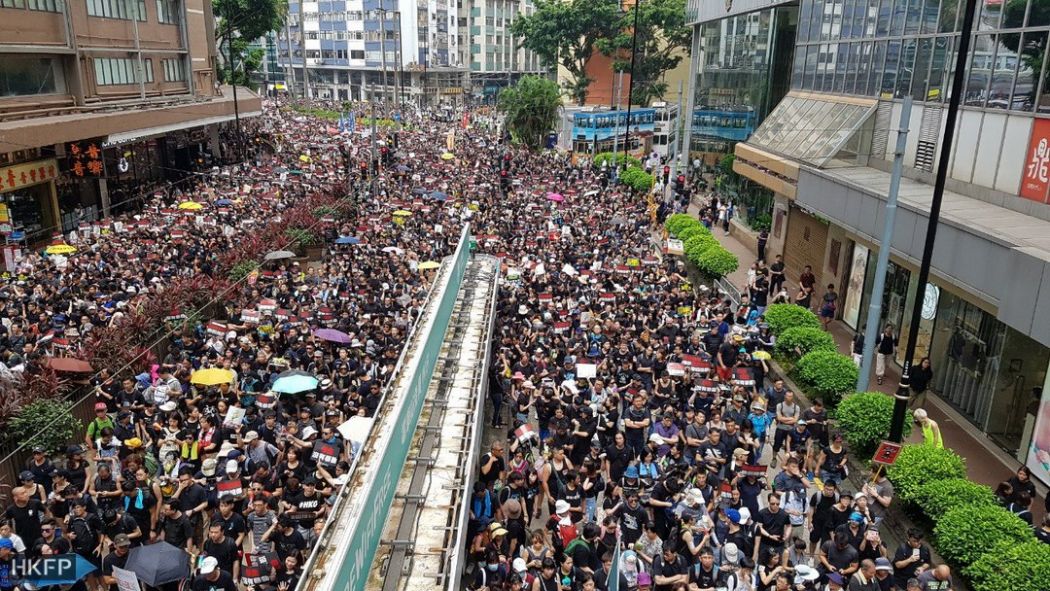
And while the protesters can be broadly split into a majority of peaceful marchers and the more radical protesters who have faced off with the police and blocked MTR trains from proceeding, there is a sense of support and understanding between the two. Carrie Lam might accuse the protesters of not having a “stake” in society, but a lot of Hongkongers don’t think so.
I don’t agree with every single thing the protesters do. I’m not sure throwing stones at police stations and setting fires on the street are too smart. The violence over the past two weeks has intensified, especially from the police.
The outcome has been horrific as the scenes of a female protester having her eye blown out and an injured young man pleading with police while being arrested with his head forcibly pressed onto the ground in his own blood attest. Even if the police are overwhelmed by the protesters, I fear that China will send troops or armed police onto the streets (which I hope never happens though rumours insist that is already happening), and the violence will be much worse.

But the anger of the protesters at the authorities is understandable. Unlike many of us, at least they are taking direct action. While they might be young and some of them may not be working, they already know enough to see that Hong Kong’s future is dim if things continue as they are.
Carrie Lam and her ministers can all cry and make a fuss about the dire economy as much as they want. But they are the ones who caused all this in the first place. Even if the protests were somehow suddenly to end, and protesters were to settle back into school or work, Hong Kong’s problems would still exist. If Lam is honest with herself, she should realise it isn’t the protesters who have wrecked Hong Kong. It was broken long before.
Hong Kong Free Press relies on direct reader support. Help safeguard independent journalism and press freedom as we invest more in freelancers, overtime, safety gear & insurance during this summer’s protests. 10 ways to support us.

